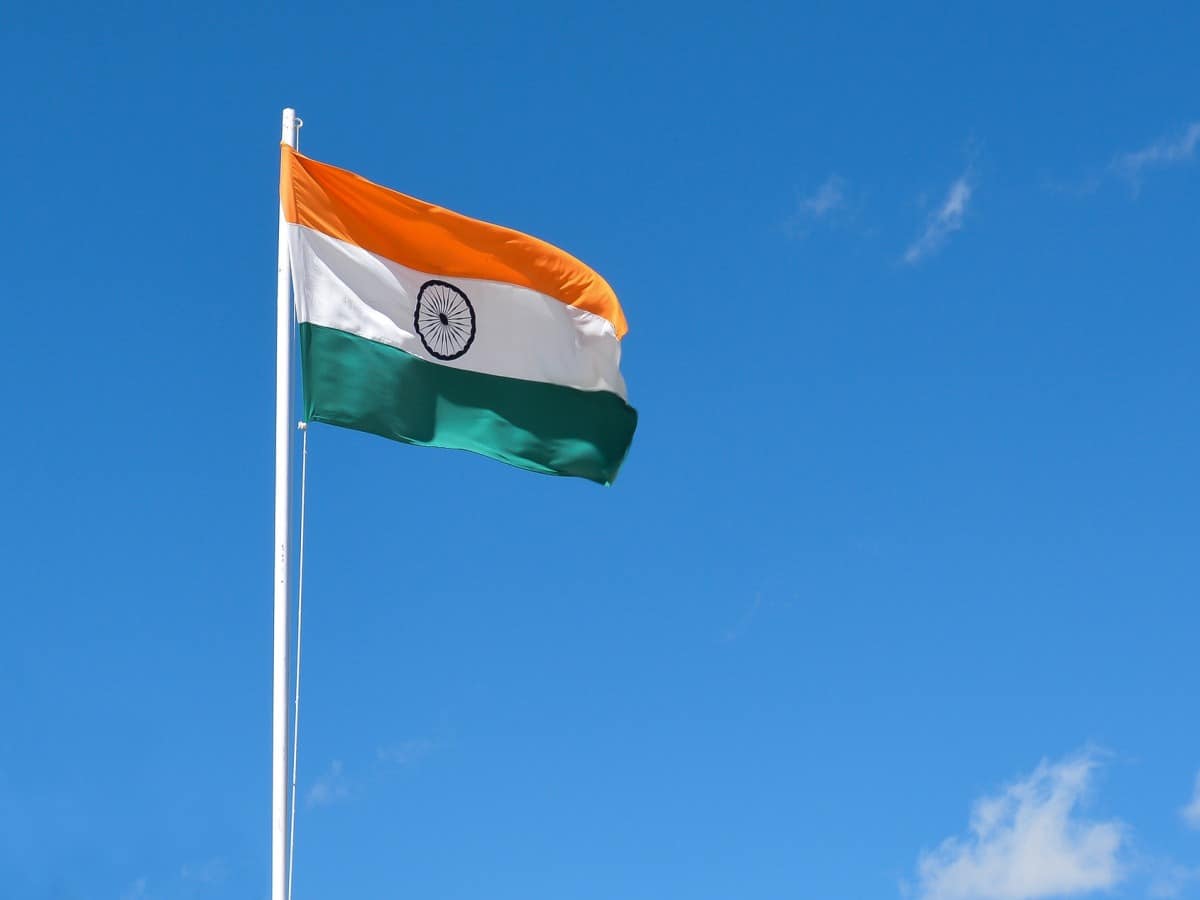
New Delhi: As India is celebrating its 77th independence day with fanfare and glee, there are some facts that you should know about the Tricolour.
Every country has its own flag symbolising liberty or freedom. The Indian flag holds a magnanimous significance for it represents the diversity the country holds. It symbolizes patriotism, freedom and honour of the country. At the same time, it makes us feel nostalgic about the sacrifice made by our freedom fighters.
The Indian flag is a horizontal tricolour of Saffron (Kesariya) at the top, white in the middle, and green at the bottom, all in equal proportion. It also consists of the national emblem of the country, Ashok Chakra, in the centre of the white band.
The saffron colour of the national flag represents the strength and courage of the country. The white in the middle is a symbol of peace while the green colour symbolizes fertility, prosperity and auspiciousness of the land.
The ‘Ashok Chakra’ signifies that there is life in movement and death in stagnation.
The Indian Tricolour was adopted in its present form during the constituent assembly meeting that was held on July 22, 1947, a few days before the country got freedom from British rule on August 15, 1947.
The proposal for the flag was made by Mahatma Gandhi to the Indian National Congress in the year 1921. However, it was designed by Pingali Venkayy.
Initially, there was a traditional spinning wheel (Charkha) in the centre of the flag. A modification took place with the inclusion of white strips in the middle.
Furthermore, the traditional spinning wheel was replaced by Ashok Chakra in 1947. The Flag Code of India took effect on January 26, 2002. Accordingly, the citizens of India were finally permitted to hoist the Tricolour over their homes, or workplaces on any day and not just National days as was the case earlier.
Now, Indians can proudly display the national flag. However, there are certain rules associated with hoisting the Tricolour. One must never use the flag as pillow covers, table covers, or bedsheets.
One must keep in mind that the flag should always be in the right hand of the speaker, for ‘right’ represents authority. Whenever the national flag is displayed, it should be totally spread out. It cannot be deliberately allowed to touch the ground.
In conclusion, our national flag represents the citizens of the country. It signifies our unity and sovereignty. It must not be disrespected or looked down upon in any way.
Ahead of this independence day, Prime Minister Narendra Modi urged the citizens to take part in the ‘Har Ghar Tiranga’ campaign.
Taking to ‘X’, (formerly known as ‘Twitter’), PM Modi wrote, “In the spirit of the #HarGharTiranga movement, let us change the DP (Display Picture) of our social media accounts and extend support to this unique effort which will deepen the bond between our beloved country and us”.
PM Narendra Modi is set to lead the Nation in celebrating the 77th Independence Day from the iconic Red Fort in the national capital.
As a part of the Independence Day celebrations at Red Fort, around 1,800 people from different vocations, with their spouses, have been invited from across the country as Special Guests, said an official release.
The initiative has been taken in line with the Government’s vision of ‘Jan Bhagidari’.According to the release, 75 couples from each State/Union Territory, in their traditional attire, have also been invited to witness the ceremony at Red Fort.
These Special Guests invited to attend the celebrations at Red Fort include over 400 Sarpanches of more than 660 vibrant villages; 250 from Farmer Producer Organisations scheme; 50 participants each of Pradhan Mantri Kisan Samman Nidhi Scheme and Pradhan Mantri Kaushal Vikas Yojana.50 Shram Yogis (construction workers) of the Central Vista Project, including the New Parliament Building; 50 each Khadi workers, those involved in the construction of border roads, making of Amrit Sarovar and Har Ghar Jal Yojana as well as 50 each primary school teachers, nurses and fishermen are also invited.
Some of these Special Guests are scheduled to visit the National War Memorial and call on Raksha Rajya Mantri Ajay Bhatt as part of their stay in Delhi.
This year’s Independence Day will culminate the ‘Azadi Ka Amrit Mahotsav’ celebrations, which were launched by the Prime Minister from Sabarmati Ashram in Ahmedabad, Gujarat on March 12, 2021, and will, once again, usher the country into ‘Amrit Kaal’ with renewed vigour to realise Narendra Modi’s dream of making India a developed country by 2047.



